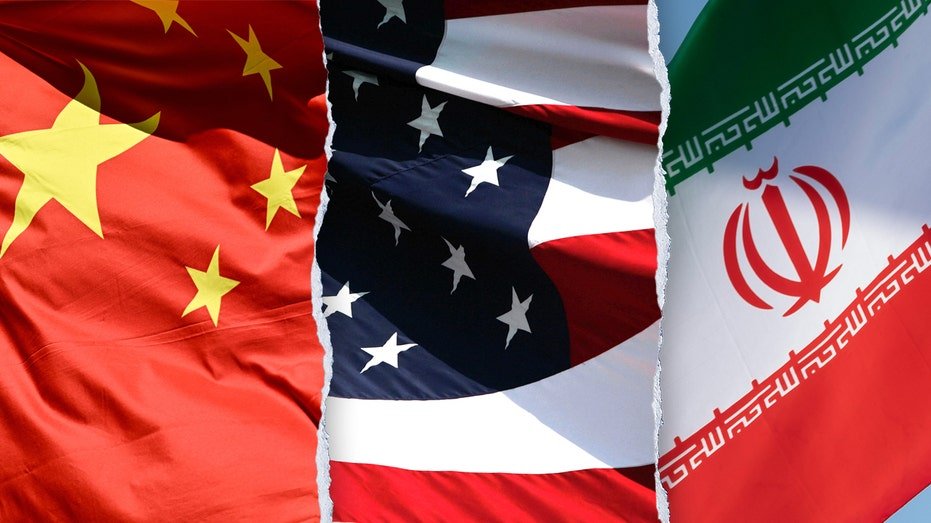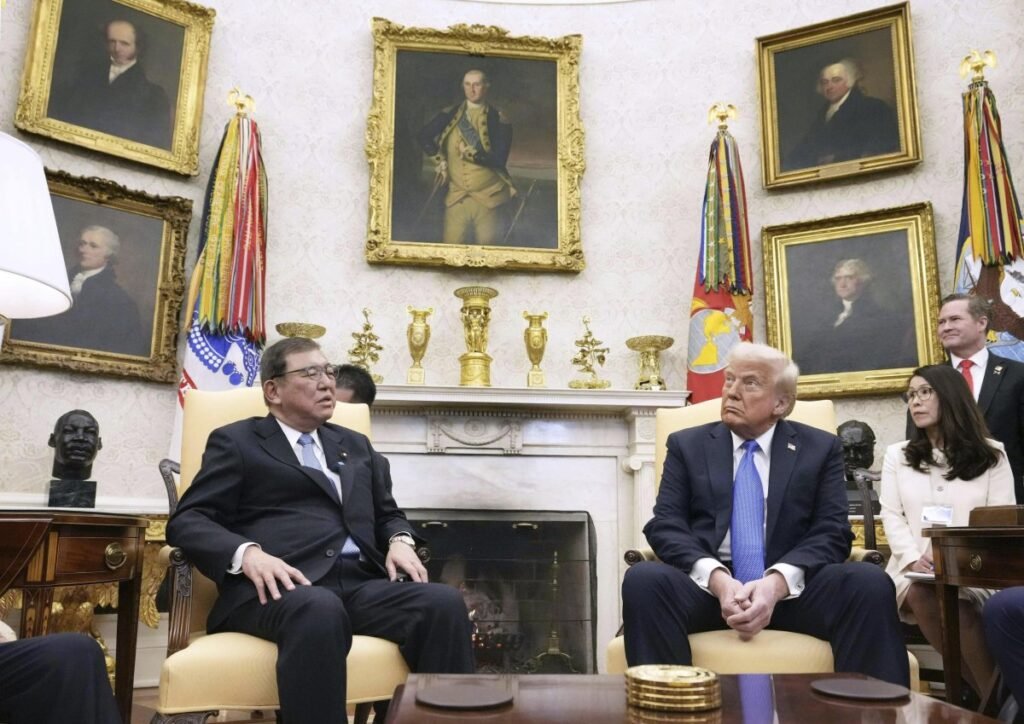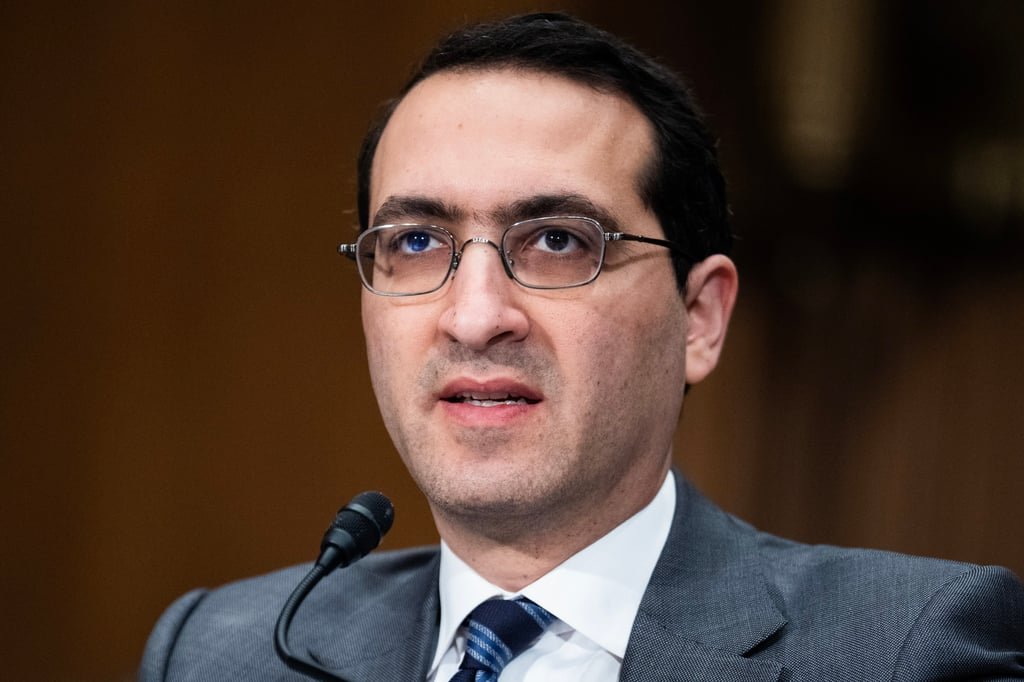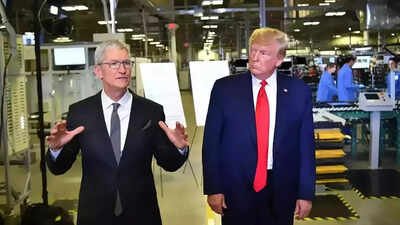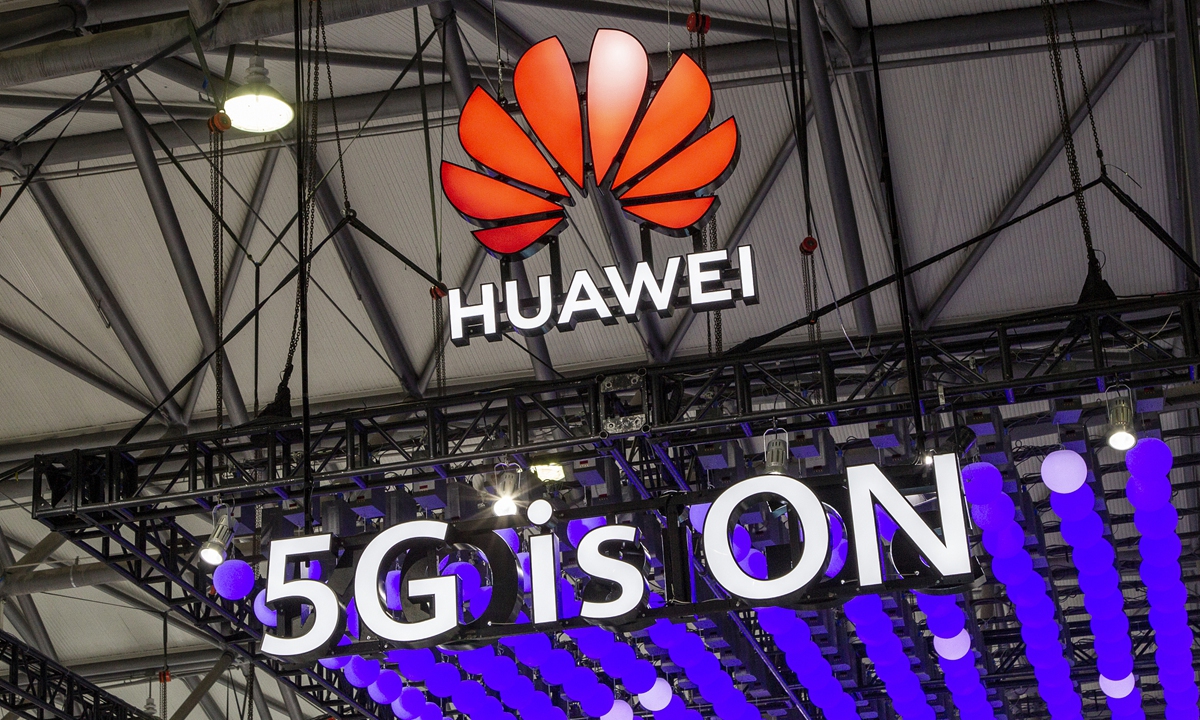
Photo: VCG
In today’s global media landscape, headlines are dominated almost daily by the US technological blockade against China – semiconductor bans, export controls and scientific containment policies. China often appears forced into a reactive posture, responding to Western restrictions within what seems like a defensive narrative framework. The world watches intently, wondering if China will be stalled by what those commentators call “technology bottlenecks.”
Amid this clamor and confrontation, two figures have emerged in Chinese public discourse, generating significant debate. One is Wei Dongyi, a mathematical prodigy from Peking University who has become an internet sensation in China. The other is Huawei founder Ren Zhengfei, who recently gave a rare, comprehensive interview about his company’s long-term aspirations.
I’ve been reflecting on why Washington’s strategic attempts to contain Huawei have largely failed. This is because the policymakers haven’t fully grasped Huawei’s ambitions and likely haven’t accounted for the many young Chinese scholars like Wei.
Born in Jinan, Shandong, in 1991, Wei is now an assistant professor at Peking University’s School of Mathematical Sciences. Behind this simple introduction lies an extraordinary academic journey. In 2008 and 2009, he earned gold medals with perfect scores in consecutive International Mathematical Olympiads. In the cutting-edge fields of partial differential equations and geometric analysis, Wei has solved several significant open problems, earning high recognition from the international mathematical community.
Wei’s campus persona has become legendary – he lives a simple life while focusing on researching mathematical problems. This monk-like dedication has earned him the nickname “God Wei.” His focus allows him to navigate the ocean of mathematics with ease, climbing to heights that others can only admire.
Wei’s story takes on special significance when viewed through a historical lens. For decades, China has trailed Western developed nations in fundamental research. In the global technological landscape, China has often been characterized as “strong in application but weak in fundamentals” – excelling in engineering applications while lagging in original basic research. Theoretical innovation has long been dominated by Western scholars.
However, Wei and his contemporaries are rewriting this narrative. They’re no longer content with trailing behind; in specific fields, they’re keeping pace with or even overtaking their international counterparts. This shift signals the growing maturity of China’s scientific ecosystem.
Meanwhile, in a recent interview with the People’s Daily, Huawei founder Ren Zhengfei emphasized the critical importance of fundamental theoretical research at this juncture. He stated bluntly, “If we do not engage in basic research, it is akin to having no roots. Even if the leaves are lush and thriving, they will fall when the wind blows.”
Ren revealed that of Huawei’s annual 180 billion-yuan ($25.06 billion) research and development investment, approximately 60 billion yuan is allocated to basic theoretical research – with no performance metrics attached. This long-term strategy starkly contrasts with the short-term performance orientation prevalent today.
Why would a commercially driven enterprise like Huawei place such value on seemingly “impractical” basic research? The answer may lie in Ren’s words: “Those engaged in theoretical research are the hope for our country’s future.” Individuals like Wei are answering this question through their dedicated efforts.
We see the intrinsic connection between fundamental research and applied innovation from Wei to Huawei. The partial differential equations Wei studies may seem abstruse and distant from everyday life, yet they form the theoretical foundation of modern technology.
From chip design and network communications to AI algorithms, they all depend on mathematical theory. Ren deeply understands this relationship.
This complete innovation chain – from fundamentals to applications – is the key to China’s growing technological strength. Huawei’s recent innovations in communications technology, artificial intelligence and cloud computing complement the theoretical frontier explorations of mathematicians like Wei, who work quietly in research labs. Basic research provides theoretical breakthroughs for applied innovation, while practical needs drive fundamental research forward in a virtuous cycle.
Suppose you only see Huawei’s technological innovation and fail to recognize the large number of unsung basic science researchers behind it. How can you make a correct judgment about Huawei’s pursuits?
China’s rise in key scientific domains is irreversible, built on solid fundamental research capabilities that give it both durability and momentum. As Washington attempts to impede China’s technological development through various means, those decision-makers still position themselves on a pedestal and lack a comprehensive understanding of what China and its people are actually doing, what motivates them and where they’re headed.
They lack even more courage to look up at the night sky, a universe filled with countless stars.
The author is a senior editor with the People’s Daily and currently a senior fellow with the Chongyang Institute for Financial Studies at the Renmin University of China. dinggang@globaltimes.com.cn. Follow him on X @dinggangchina

